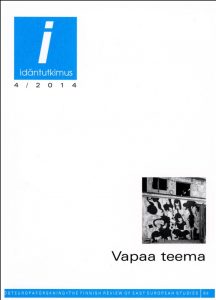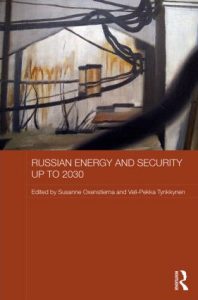Read a new article “Electricity production as an effective solution for associated petroleum gas utilization in the reformed Russian electricity market” written by Evgenia Vanadzina, Olga Gore, Satu Viljainen, and Veli-Pekka Tynkkynen and published in the “International Conference on the European Energy Market” journal.
Russia leads the list of countries in which most flaring occurs, with an estimated 15-37 BMC of associated petroleum gas (APG) being burned in Siberian oil fields annually. In view of the environmental impact of flaring and ineffective use of energy resource, fees for flaring are being increased from 2012. Significantly increased fines pose a challenge for oil producers, which have focused only on oil production. A number of solutions for utilizing APG are currently used in Russia: processing of APG in gas processing plants, re-injection of gas back into the oil field, and production of heat and power for the needs of the oil industry.
These commonly used options for APG utilization are analyzed and discussed in this paper, taking into account the specific features of the Russian oil and gas market and barriers presented by monopolies in the gas export and gas processing industry.
Analysis of the utilization options indicates the appropriateness of APG as a fuel for effective power production within Russia’s reformed electricity market.





 .
.